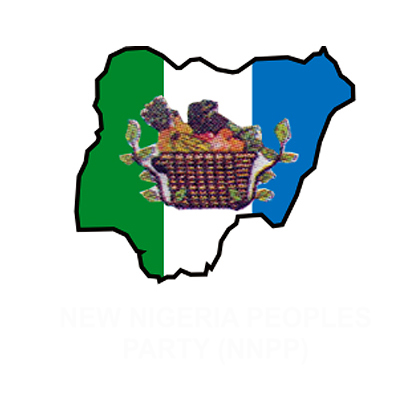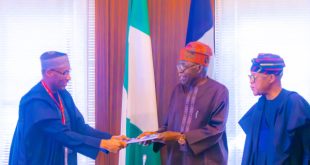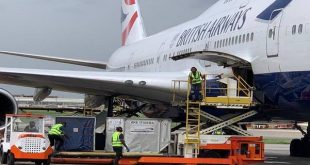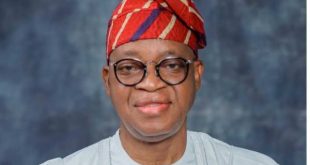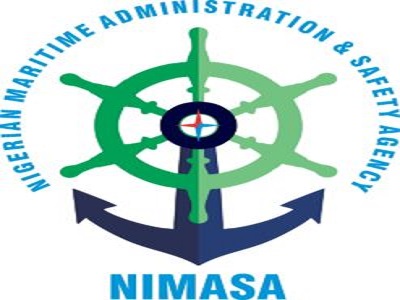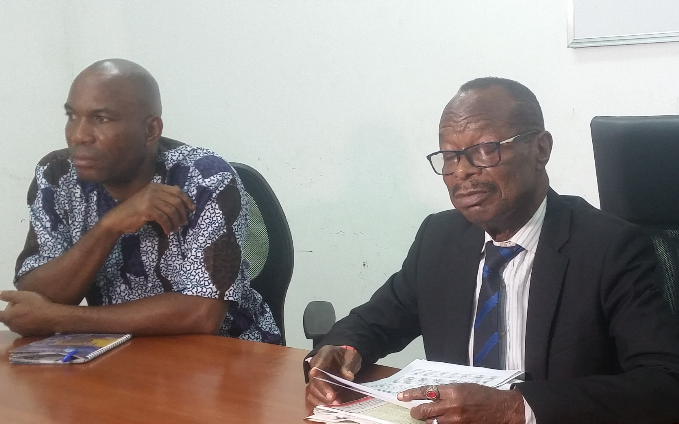
* Urges FG to suspend AfCFTA implementation by one year
By Kenneth Jukpor
As part of efforts to ensure Nigeria optimally harnesses the economic gains in the African Continental Free Trade Agreement (AfCFTA), the National Association of Government Approved Freight Forwarders (NAGAFF) has urged the Federal Government to ensure that the National Metrology Institute (NMI) is functional.

NMI hosts the National Metrology Laboratory responsible for National Quality Infrastructure which is the custodian of National Primary Measurement Standards that provides traceability of measurements to all sectors of the national economy.
NMI ensures the accuracy, reliability, credibility and traceability to the International System of Units, of all measurements undertaken in industry and other sectors and areas like; consumer protection in trade and commerce; quality control of agricultural, mining and industrial products; safety control in industry against accidents caused by explosions, radiation; health protection against damage caused by incorrect measurement; environmental quality; navigation, aviation, telecommunication, time signals; science, research and development.

According to NAGAFF, NMI which is under the Standards Organization of Nigeria (SON), would be germane to ensuring the standards of goods produced in Nigeria meet global standards and prevent rejection by other African countries when the AfCFTA implementation takes effect.

The Founder of NAGAFF, Dr. Boniface Aniebonam said this during a meeting with veteran maritime journalists under the platform of Maritime Reporters Association of Nigeria (MARAN) in Lagos, yesterday.
The association also demanded that the President suspends the implementation of the policy in Nigeria by one year to enable them cater for the challenge of power supply, NMI reorganization and sensitization of the informal sector on the gains of AfCFTA as well as the threats.
Aniebonam who was represented by the Legal Adviser to NAGAFF, Barr. Fred Akokhia, also admonished the Federal Government to learn from the challenges observed in the Economic Community of West African States (ECOWAS) Trade Liberalization Scheme (ETLS).
NAGAFF lamented that ETLS failed because most francophone countries imported goods from France, rebranded them as their indigenous products and dumped them in the Nigerian market enjoying the benefits of free trade in the sub-region.
The association also warned that the continental agreement estimated to boost intra-African trade by 52% by 2022, could become an economic suicide for Nigeria if the nation doesn’t address the infrastructure challenges inhibiting the growth of its production sector.
Last week, African Shipowners Association (ASA), a group closely linked with the African Union revealed that transport and logistics components were not considered when the idea of AfCFTA was conceived in 2012 African Union summit in Addis Ababa, when leaders agreed to create a new Continental Free Trade Area by 2017.
Highlighting the significant role of transportation and logistics as well as the rules and regulations to guide AfCFTA, Akokhia said that these details would be revealed when the protocols of AfCFTA is developed.
Recall that electricity firms under the aegis of the Association of the Power Generation Companies (APGC), last week, lamented that without adequate power supply the benefits of the agreement to Nigeria would be minimal.
APGC said, “Goods and services offered by the country may not be comparatively/ competitively priced, when compared to other nations with better power supply. Thus, the cumulative result of a significant boost in trade and, therefore, the economy, may not be realized”
The association explained, “Steel mills consume a huge amount of power to convert pig iron blocks to liquefied iron, mixed with ingredients such as carbon, alloys and chemicals to change into a different type of steel, alloy, bars, rods, H-beams, sheet metals, etc.”
Earlier, the President of MARAN, Mr. Anya Njoku had commended NAGAFF as one of the leading associations in the nation’s maritime industry.
Anya informed the visiting NAGAFF team that MARAN is the oldest maritime journalist association in the country with over three decades rich and impactful reportage of the industry.
He assured NAGAFF that MARAN would continue to play the role of the watchdog and also act as the beacon of progressive transformation for Nigeria’s maritime sector.
 MMS PLUS NG – Maritime, Aviation, Business, Oil and Gas News Online Newspaper with coverage in Maritime, Oil and Gas, Aviation, Power and Energy as well as Financial News
MMS PLUS NG – Maritime, Aviation, Business, Oil and Gas News Online Newspaper with coverage in Maritime, Oil and Gas, Aviation, Power and Energy as well as Financial News



